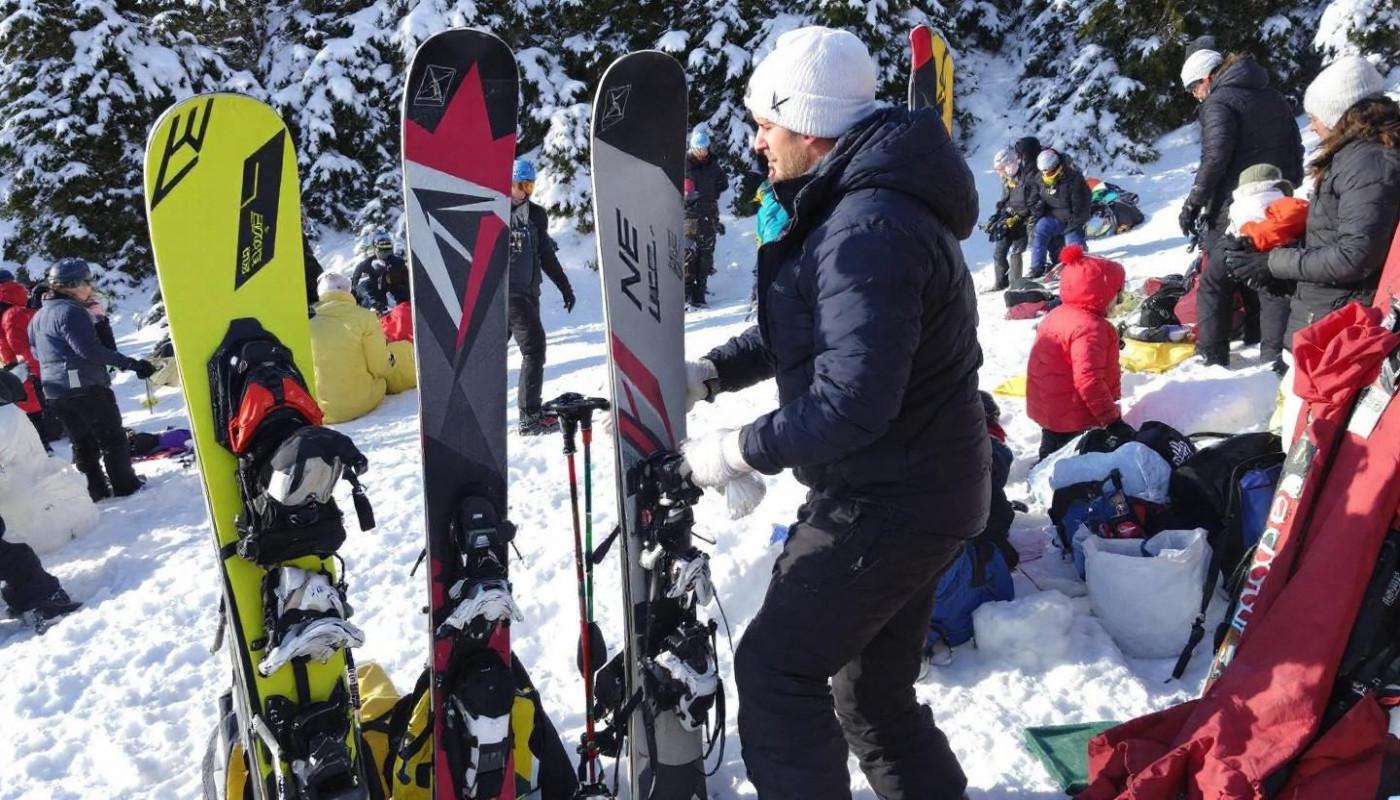A lot happens between the time we start planning a trip and the time we return from vacation. We do research to see what is the best time to travel, we book transportation and accommodation, we plan our itinerary, we travel to the destination, we spend unforgettable days visiting the places, we eat the typical food, we buy souvenirs for family and friends and finally we get ready to come back to reality and start dreaming about our next trip. Have you ever thought about all the people who helped make your vacation a reality?
Working in the tourism sector
The job creation potential of the tourism sector is immense. Globally, it is estimated that one in 10 jobs is related to the travel and tourism industry, not only directly, but also in related sectors such as agriculture, food processing, construction, transportation, and crafts. In 2016 alone, the sector generated an estimated 6 million new jobs.
Recognizing tourism’s ability to promote quality jobs, the UN Sustainable Development Goals call for the design and implementation of public policies that promote sustainable tourism. In addition to fueling economic growth and helping to reduce poverty, tourism has been shown to promote social inclusion and create incentives to conserve natural and cultural resources.
Tourism’s contribution to total employment
One of the promises of tourism is that it promotes entrepreneurship and provides employment opportunities for all kinds of people, including women, youth, indigenous peoples, immigrants and other groups who traditionally face barriers to entering the labor market.
However, despite the fact that women make up 60-70% of the workforce in the sector, they often earn significantly less than men doing the same work. In addition, few women reach management positions. The development of tourism in indigenous communities is also controversial, as the economic benefits to them are generally quite low.
One of the reasons that limits the participation of women, indigenous peoples and other vulnerable groups in tourism, particularly in developing countries, is the large skills gap that exists in the sector. From airports and hotels to restaurants, craft stores and tours, tourism is based on customer service, a quality that results from a combination of communication, leadership and other soft skills.
In addition, tourism businesses also require cognitive skills such as mastery of a second language or computer programs. The skills gap in tourism is so large that a study by the World Travel & Tourism Council found that if steps are not taken to close it, the sector could face a shortfall of some 14 million jobs by 2024.
On the same subject






